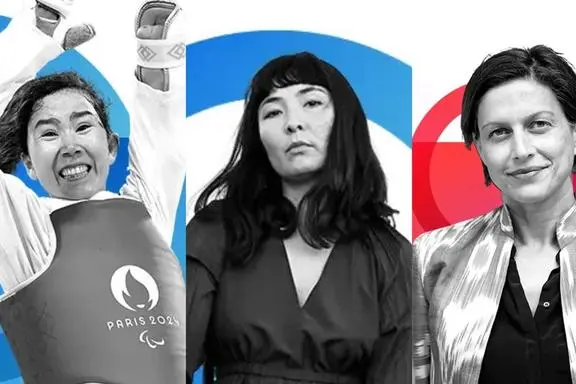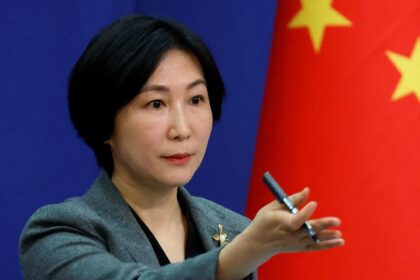RASC News Agency: Three Afghanistani women have been recognized by BBC as part of its prestigious list of 100 most inspiring and influential women globally for 2024. The list, which acknowledges women making significant contributions across various fields, includes Zakia Khudadadi, an athlete; Elahah Surur, a singer and composer; and Hamida Aman, a media and education entrepreneur, all from Afghanistan. BBC categorizes the honorees into sectors such as climate, culture and education, entertainment and sport, politics, and science and health.
Zakia Khudadadi, an Afghanistani Paralympic athlete, has been hailed as one of the most influential figures in sports and entertainment. She made history by becoming the first member of the Refugee Paralympic Team to win a medal at the Paris 2024 Paralympic Games. BBC highlights that Khudadadi secretly trained in Taekwondo clubs in her hometown of Herat from the age of 11 before fleeing Afghanistan following the Taliban’s return to power. In her interview with BBC, Khudadadi stated:
“My journey to the Olympic medal reflects the strength and perseverance of Afghanistani women, refugees, and women worldwide. By refusing to surrender, we demonstrate that there is no limit to what a woman can achieve.”
Elahah Surur, a prominent singer, has been recognized for her influential role in the entertainment industry. BBC describes her as a vital voice in a time when Afghanistani women’s voices are systematically suppressed. Surur penned the song “Bread, Work, Freedom” to counteract this repression, delivering a powerful message of hope and defiance. Hamida Aman was acknowledged as an influential figure in the realm of education and culture. She founded the Begum Academy, an online initiative designed to provide free educational opportunities to girls who have been denied access to schooling.
In addition to these Afghanistani luminaries, BBC’s list includes other notable figures such as U.S. Senator Susan Collins, Pakistani singer and songwriter Hadika Kianni, Nobel Peace Prize laureate Nadia Murad from Iraq, and Iranian women’s rights advocate Zhina Modarres.






